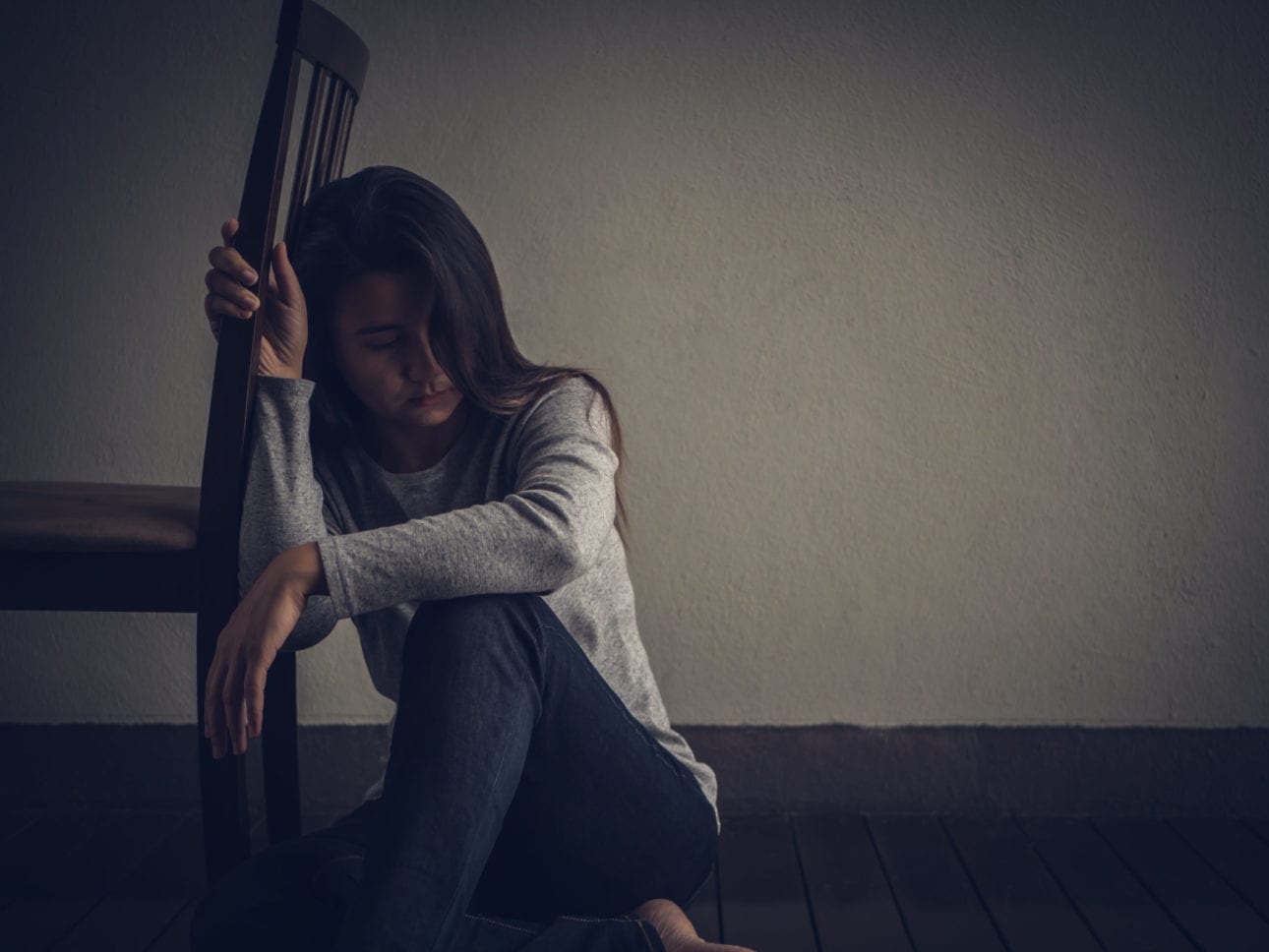Overcoming addiction comes with its own challenges and can be particularly stressful if you are just beginning your journey to recovery. Dealing with the urge to use, cleaning up the messes you made while using, and rebuilding broken relationships is no walk in the park. Anchored Tides puts a big emphasis on developing skills to help you deal with real-life struggles at the beginning of recovery. One of the best coping mechanisms we’ve found so far is meditation and we make sure to include it in our treatment programs.
What is Meditation?
This is a complementary and alternative approach to mainstream addiction recovery services like group counseling and psychotherapy. It is a general body and mind connection practice that focuses on inducing serenity and relaxation to improve both mental and physical health. Anyone can take part in meditation irrespective of your religious or spiritual life. There is no set of time for meditators but beginners can start with a few minutes and then advance to longer sessions.
The practice focuses on the physical sensations, mindfulness, awareness of present feelings and surroundings. It also involves the mindfulness of accepting thoughts and feelings as they are. This is particularly effective in helping individuals fighting addiction to thinking about sobriety, prevent relapse, and ultimately lead to addiction recovery.
Benefits of Meditation
Aside from promoting inner peace, calmness, increase self-awareness and proper mental functioning, meditation also improves mindfulness which helps decrease cravings and aid recovery. Practicing mindfulness means that you are in control of your attention. You are taking the role and attitude of an observer of what you are doing and feeling.
Improves Resilience
Individuals dealing with addiction are among the most resilient people you will ever come across. Bouncing back to a healthy, quiet, drama free, sober life, and adapting to the new changes is not easy – even for the most dynamic individuals. It takes patience, persistence and strong will to recover fully. Meditation helps you cultivate massive levels of resilience. It helps you become more mindful of your fears, anxiety, and pain. Frequent practice helps reduce and manage stress levels.
Acceptance
Too often we get down on ourselves and doubt our abilities to live a happy, sober life. The addiction recovery journey can be more difficult if you remain too hard on yourself. Since meditation focuses on attentiveness and observation to your own feelings and thoughts, it is much easier to learn, watch, and be patient with your emotions and self. The more you practice, the more you get to know yourself. You’ll also learn to treat yourself better and exercise some patience and acceptance as you would on other people who are in the same situation.
Improves your overall health
Meditation focuses on body and mind connection. That means it also focuses on your physical and mental health. When you discover self-awareness, you embrace sobriety and realize that you can actually cope with life challenges without alcohol or drugs.
Your anxiety and stress levels lower through the practice of meditation which can prevent lifestyle-related illnesses such as high blood pressure, stroke, and heart conditions. Aside from reducing anxiety and stress some health benefits gained from meditation include reducing your chance of depression, which is common in individuals battling addiction.
Improves your attention span
Meditation and being mindful means thinking about what and how it is right now and not worrying about the past or the future. You are concentrating on your present and the positive things in it. Practicing mindful meditation means taking time to enjoy the current moment as it is. We can’t fix the past and we can’t control the future, all we have is the present moment. Focusing on the present improves your attention span and allows you to enjoy the little things in life. Becoming more attentive will also help you strengthen or repair broken relationships.
Start meditating
While meditation and addiction would never be used in the same sentences a few decades ago, research has now proved that it is the new recovery agent to addiction. If you have cravings, feel depressed, or are stressed, practice meditation. It’s free and you can do it anywhere!
Anchored Tides Recovery Wants to Help
We want to help you get sober and stay sober. Reach out to us today with any questions you may have regarding our program. We’re happy to talk about all of the resources we provide women seeking sobriety. You can do it!
































